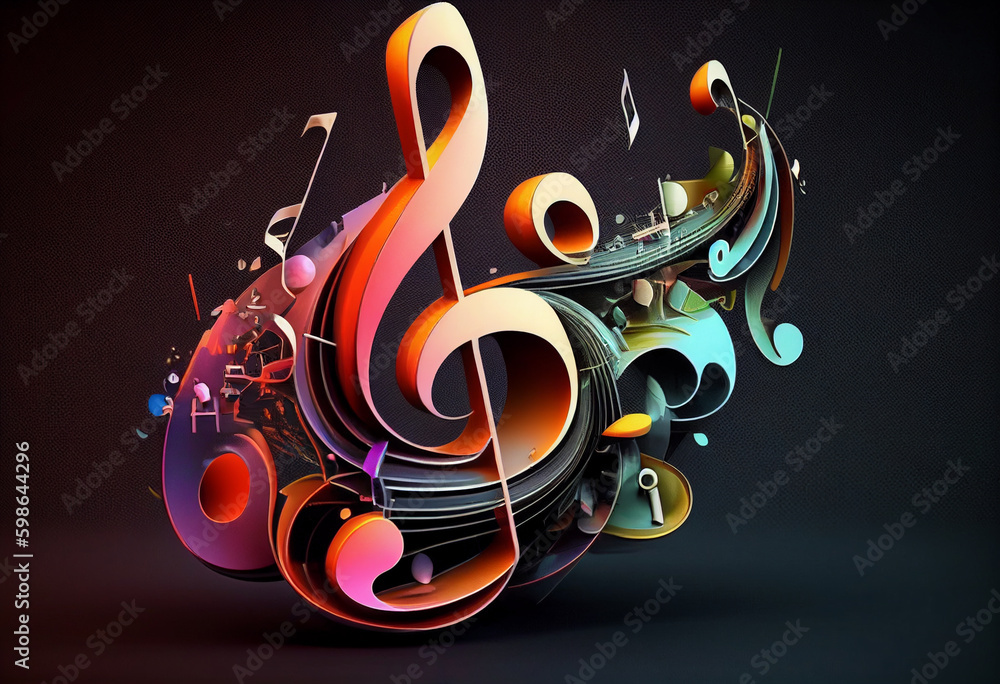Taylor Swift was inescapable in 2023. There was, of course, the Eras Tour, her globetrotting career retrospective that became the first ever concert tour to break $1 billion in revenue (becoming the highest grossing tour of all-time in the process). The Eras Tour theatrical release became the highest grossing concert film of all-time, cracking the quarter-billion mark. She began dating Kansas City Chiefs tight end Travis Kelce, and the power couple’s crossover appeal both thrilled her loyal followers and chagrined NFL fans in equal measure.
And if all that wasn’t enough, Swift re-recorded and re-released two of her earlier albums: Speak Now and 1989, now subtitled “(Taylor’s Version).” These albums—and her two previously re-recorded albums, Red and Fearless—were the catalyst for a copyright-focused presentation on March 27 organized by BC Law’s Intellectual Property and Technology Forum (IPTF) and featuring Gary Greenstein of the firm Wilson Sonsini.
In music, there are two distinct copyrights: The “circle C” copyright in the notes and lyrics as composed by the songwriters and frequently owned by music publishers, and the “circle P” copyright in any resulting sound recording, possibly owned by the recording artist but, more frequently, by the recording studio.
Greenstein went on to lay out the specific, exclusive rights that copyright provides: “Section 106 of the Copyright Act contains six rights: The right to reproduce, the right to create or license derivative works, the right to display, the right to publicly perform, the right to distribute copies, and the right to publicly perform by means of digital audio transmission.”
Swifties are well aware of the preeminent pop star’s machinations to regain complete ownership—that is, both copyrights—of some of her early albums, but they bear repeating: In 2005, at the age of just fifteen, Taylor Swift signed a deal with Big Machine Records, a then-nascent label founded by impresario Scott Borchetta. Together, Swift and BMR produced six albums between 2006 and 2018. Swift, in her capacity as a singer-songwriter, owned the copyright to the lyrics and music as written, but Big Machine Records owned the phonograph copyright to the “masters,” the actual original recordings that Swift made for them.
“Any cover artist who records [a] song can own the copyright in their recording, but not the underlying musical notes.”
Attorney Gary Greenstein
Greenstein analogized the situation to a more dad-friendly audience: “Look at ‘All Along the Watchtower,’ which was written by Bob Dylan and recorded by everyone from Pearl Jam and Springsteen to Jimi Hendrix and Dylan himself. Any cover artist who records the song can own the copyright in their recording, but not the underlying musical notes,” he explained.
In 2018, when her original contract with BMR expired, Swift had far more leverage in negotiating her next record deal: She signed with Republic Records (owned by Universal Music Group, the world’s largest music company), this time negotiating ownership of all future master recordings she made. In the same year, record exec and original “Belieber” Scooter Braun acquired Big Machine Records—and, therefore, the copyrights to Swift’s first six albums—and later attempted to sell the masters to Swift for a pretty penny. But Swift and those original masters were never ever getting back together. Instead, she opted to wait out the standard contractual prohibition on re-recording and take them back by force.
Greenstein described the impact that Swift’s gambit has had on the music industry: “Labels invest in artists, they hire producers, they pay for recording time, and they want to recover that investment. Recording agreements often prohibited musical artists from going out and re-recording a song for a period of five to seven years from the original release date of the record, or two years from the expiration of the contract. Now, thanks to Taylor Swift, they’re pushing that up to ten, fifteen, maybe even thirty years,” he warned. Once bitten, twice shy, as they say.
Swift has, in other words, slammed the door in the face of new artists hoping to come up through the recording industry, making it that much harder for future musicians to negotiate for ownership of their music. Now, up-and-coming musicians will be largely stripped of the ability to re-record their music and acquire the phonogram copyrights in a song for decades—well past their prime popularity, in all likelihood—instead of the traditional five- to seven-year period. Popular established musicians, on the other hand, stand to benefit, reinforcing the exclusive nature of the music industry.
“This is culminating in a big fight between artists and record companies,” Greenstein revealed. “You can imagine that recording artists or, more importantly, the lawyers representing recording artists are not happy, because the labels have all the negotiating power and new artists have zero leverage… the labels will not stand for another “Taylor’s Version.”


